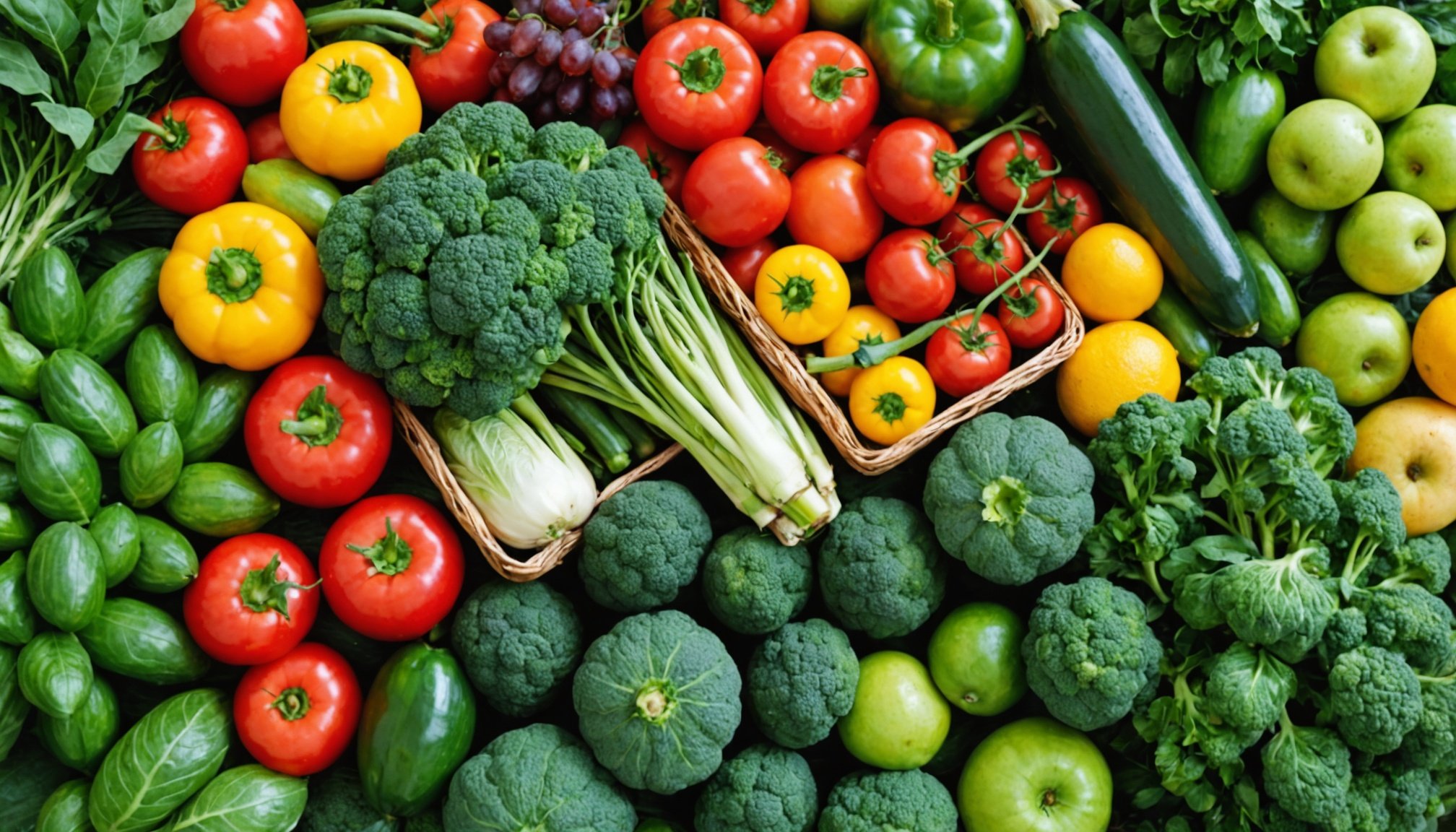As consumers, you are increasingly faced with choices about the food you put on your plate. With the rise of health consciousness and environmental awareness, the debate between organic and conventional foods has intensified. Understanding the key nutritional differences between organic and non-organic produce is crucial, not just for your health but also for the broader ecological impact of your dietary choices. In this article, we will explore the distinctions in production, pesticide use, and overall health benefits, drawing on recent studies to provide a comprehensive overview of how these factors can affect your well-being.
The Definition of Organic and Conventional Foods
To make informed choices about your diet, it’s essential to understand what organic and conventional foods are. Organic produce refers to fruits, vegetables, and grains that are grown without the use of synthetic pesticides, herbicides, or fertilizers. Instead, organic farming utilizes natural substances and methods, focusing on sustainability and ecological balance. In contrast, conventional crops often rely on chemical inputs to maximize yield and ensure pest control.
Also read : How can you recognize and manage emotional eating patterns to foster a healthier relationship with food?
In the United States, the USDA regulates the term “organic” and sets strict guidelines for what can be labeled as such. These regulations cover everything from soil quality to pest management, ensuring that organic foods meet specific standards. Conventional farming, however, is less regulated, allowing for the use of a broader range of chemicals and practices.
The differences in farming practices can lead to variations in the nutritional profiles of these products. For instance, some studies suggest that organic produce may have higher levels of certain nutrients, such as antioxidants, which play a crucial role in protecting your body from oxidative stress. Understanding these differences can help you make better choices that align with your health goals and personal values.
Additional reading : How can you create a personalized self-care plan that addresses both your physical and emotional health needs?
Nutritional Differences in Produce
Recent studies have examined the nutritional content of organic versus conventional foods, revealing significant differences in certain key areas. One of the most notable findings is the higher level of antioxidants found in organic produce. Antioxidants are important because they help combat inflammation and oxidative stress in your body, potentially reducing the risk of chronic diseases such as heart disease and cancer.
Another critical area of difference lies in the levels of pesticides present in produce. Organic foods typically have lower levels of pesticide residues because organic farming practices limit or eliminate synthetic chemicals. Conventional crops, on the other hand, are often treated with various pesticides to protect against pests and diseases, which can leave chemical residues on the products you consume.
Moreover, it is essential to consider the implications of these differences for your overall health. While the presence of pesticides in conventional foods is regulated, some consumers prefer to minimize their exposure entirely. This preference is particularly relevant for vulnerable populations, such as pregnant women and young children, who may be more sensitive to chemical exposures.
Additionally, organic animal products, such as milk and meat, often come from animals raised without antibiotics or growth hormones. This difference can influence not only the nutritional quality of these foods but also their impact on your long-term health. Choosing organic animal products can reduce your exposure to these substances, promoting a healthier dietary lifestyle.
Impact on Health and Well-Being
The choice between organic and conventional foods can significantly impact your health and well-being. Many consumers gravitate towards organic produce due to the perceived health benefits, but what does the research say? Some studies suggest that switching to organic foods may lead to improvements in overall health, including better weight management and lower risks of chronic diseases.
For example, a systematic review published in the “British Journal of Nutrition” found that organic dairy products contained higher levels of omega-3 fatty acids, which are beneficial for heart health. Higher omega-3 levels can be attributed to the grazing practices used in organic dairy farming, where animals eat a natural diet of grass rather than grain.
Additionally, organic vegetables may have a more favorable nutrient profile compared to their conventional counterparts. A study published in “Food Chemistry” highlighted that organic vegetables tend to have higher concentrations of vitamins and minerals. This difference can be vital for maintaining your nutritional balance and overall vitality.
Furthermore, many consumers report feeling better mentally and emotionally when consuming organic foods. This phenomenon can stem from a combination of factors, including the knowledge that you are supporting sustainable farming practices and reducing your exposure to synthetic chemicals. The psychological benefits of knowing that your dietary choices align with your values cannot be overlooked.
Environmental Considerations
Choosing organic produce is not just about personal health; it also has broader environmental implications. Organic farming practices prioritize sustainability and biodiversity, reducing the environmental footprint of food production. These practices lead to healthier soils and waterways and promote a balanced ecosystem.
In contrast, conventional farming can contribute to soil degradation, water pollution, and loss of biodiversity. The heavy reliance on synthetic pesticides and fertilizers can lead to runoff that contaminates local waterways, harming aquatic life and affecting drinking water sources. Furthermore, the monoculture practices common in conventional crops reduce genetic diversity, making crops more vulnerable to pests and diseases.
By choosing organic foods, you support agricultural methods that are designed to protect the environment. Organic farmers often implement crop rotation, cover cropping, and reduced tillage to maintain soil health and promote ecological balance. These practices not only benefit the environment but can also lead to more nutritious produce.
In summary, your choice between organic and conventional foods extends beyond personal health and encompasses a commitment to environmental sustainability. By opting for organic produce, you contribute to a healthier planet while benefiting your own health and well-being.
In conclusion, the differences between organic and conventional foods are significant, impacting not only your health but also the environment. Understanding these distinctions empowers you to make informed choices about your diet. Organic produce tends to offer higher levels of antioxidants, lower pesticide residues, and more sustainable farming practices, all of which contribute to better health outcomes.
As you navigate the grocery store aisles, consider the implications of your food choices. Whether you prioritize nutritional content, environmental sustainability, or both, the decision to choose organic foods can enhance your well-being and support a healthier planet. Ultimately, the choice is yours, and making informed decisions about the produce you consume can lead to a more fulfilling and health-conscious lifestyle.











